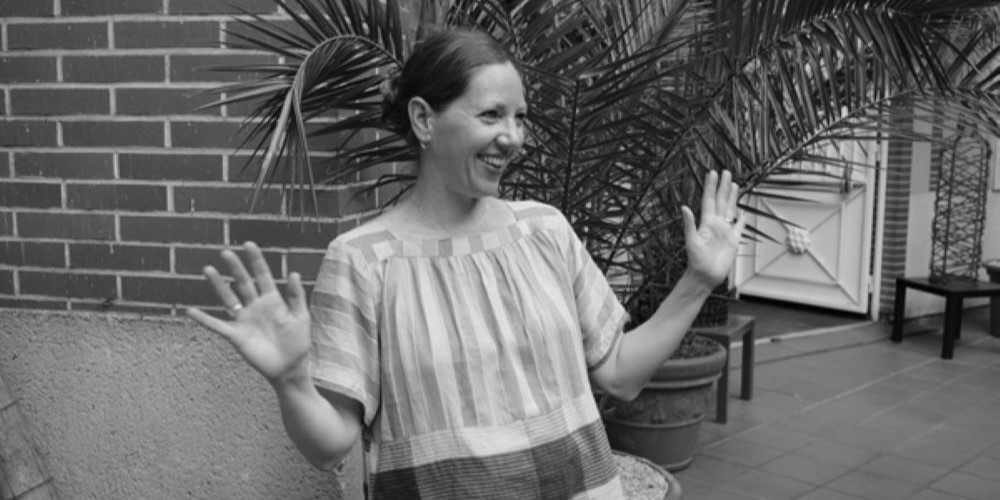Nonfiction Dialogues Welcomes Maggie Nelson
Columbia University’s Writing Program welcomed Maggie Nelson to its Nonfiction Dialogues series last month. This student-initiated series puts Professor and Writing Program Chair Lis Harris in conversation with distinguished nonfiction writers about their work and careers. In addition to being a staff writer at The New Yorker for more than two decades, Harris is the author of Holy Days: The World of a Hasidic Family, a New York Times Notable Book of the Year, Rules of Engagement: Four Couples and American Marriage, and Tilting at Windmills.
Nonfiction MFA student Catherine McNulty had the opportunity to introduce Nelson. Nelson is the author of nine books of poetry and prose, including the New York Times bestseller and National Book Critics Circle Award winner The Argonauts (2015), The Art of Cruelty: A Reckoning (2011), Bluets (2009), The Red Parts (2007), and Women, the New York School, and Other True Abstractions (2007). McNulty shared that she hadn’t been able to see Nelson in person the last time she spoke on campus (2017), as the event was so popular that there were multiple overflow rooms where attendees watched Nelson’s talk via a screen. This fall’s event proved popular once again with over 200 participants in attendance.
Nelson read from her forthcoming book, The Myth of Freedom. The process of writing this new book was different from her previous works, and Nelson often wrote in the very early hours of the morning in order to finish the book during quarantine. One section of Nelson’s forthcoming book centers climate change, and one student remarked that this felt like a departure from her previous work and asked Nelson to speak about it further. While Nelson shared that she read a lot in order to write the chapter on climate in the book, not much of it was literature. Nelson discussed how Toni Morrison’s essay, “The Future of Time,” and its explorations of time spoke to her: “Climate is a temporal problem...and it’s been somewhat difficult to think about prevention and deep planning for humans. Even though we do have the capacity, we are vexed by immediate greed and need. Some more than others.”
Considering how Nelson’s work touches so many real world issues, Harris asked her to speak about what she feels the use of art is in the world. “I don’t really look to art to get us out of things,” Nelson said. In her mind, art does not have the obligation to enact reparative work. Nelson, who is a voracious reader and who constantly puts herself in conversation with others in her own work, cited a recent interview with Fred Moten and Stefano Harney in which they said, “We want to hold each other, as our friend Fumi Okiji says, ‘without holding each other to anything.’” Nelson shared that much of her new book is about exactly that. “What if we have a sense of holding each other that’s witnessing the real and the regular news of how others feel, but that’s not about holding each other to something that we might moralize into an obligation.” However, Nelson noted how recently during the pandemic, we’re also seeing the necessity of obligation to a shared collective.
At the close of the event, another student asked Nelson why she keeps writing: “It’s the agony of not.”
“Fail and fail better,” Harris responded.
Nelson’s book will be published early 2021. Harris’s latest book is In Jerusalem: Three Generations of an Israeli Family and a Palestinian Family (2019).
You can watch the full conversation on the School of the Arts' YouTube channel.
